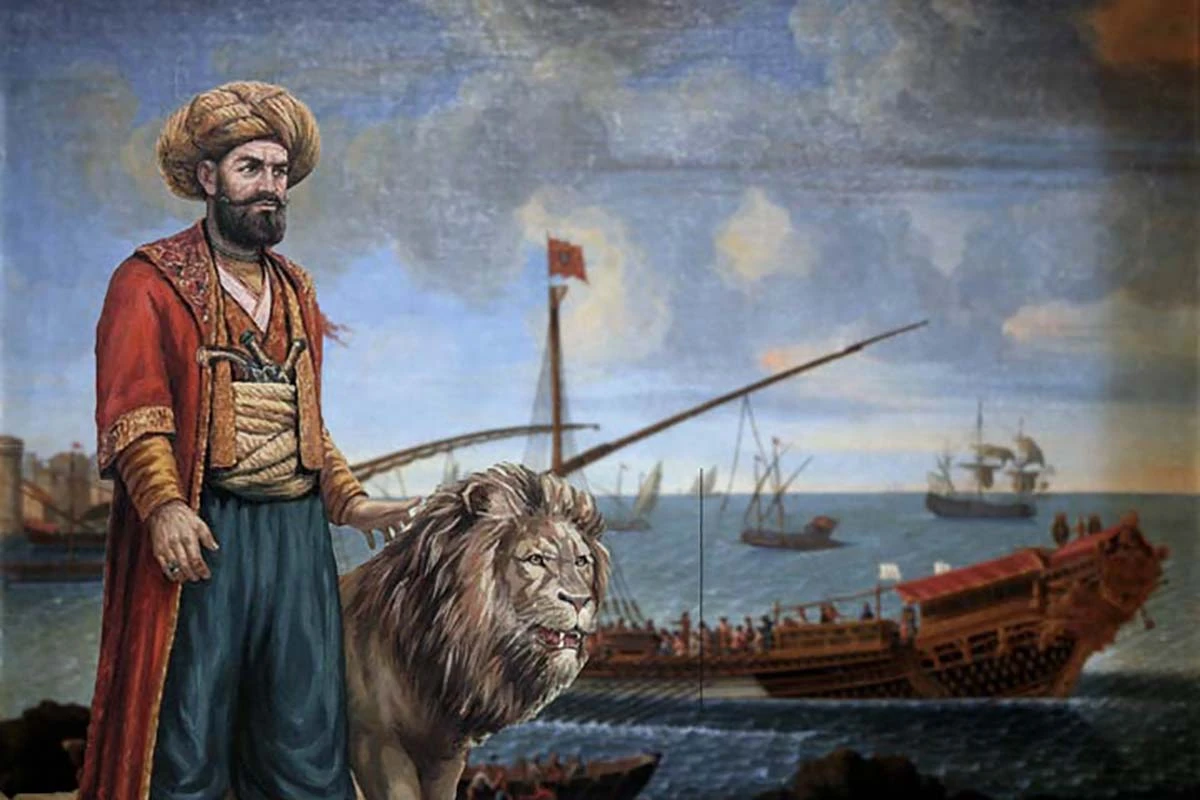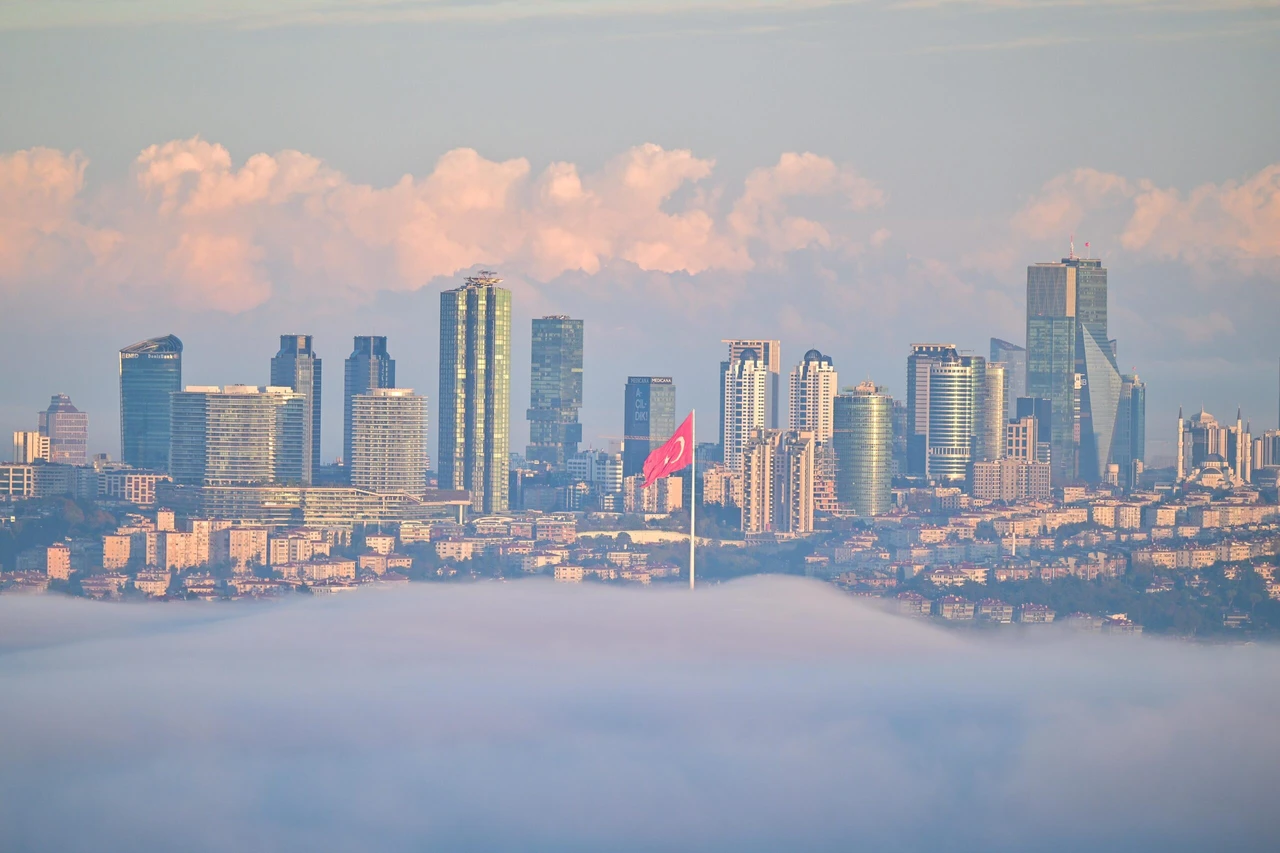Kosovo holds first regular parliamentary elections since independence
 Banners and posters of the parliamentary candidates are hang on walls, bridges, billboards and next to streets for the general election to be held on February 09, in Pristina, Kosovo, February 07, 2025. (AA Photo)
Banners and posters of the parliamentary candidates are hang on walls, bridges, billboards and next to streets for the general election to be held on February 09, in Pristina, Kosovo, February 07, 2025. (AA Photo)
Voters in Kosovo will head to the polls on Sunday to elect new members of the 120-seat parliament. These will be Kosovo’s first regular scheduled parliamentary elections since its declaration of independence from Serbia, following a series of snap elections from 2008 through 2021.
A total of 1,280 candidates from 28 political entities—including 20 political parties, five coalitions, two civil initiatives, and one independent candidate—are competing in the elections. Eligible voters include 1,970,944 citizens domestically, along with 104,924 from the diaspora.
More than 100 observers from the EU Election Observation Mission will monitor the election to ensure transparency and fairness.
Of the 120 parliamentary seats, 10 are reserved for the Serbian community, and 10 are allocated to representatives from other communities, including Turkish, Bosniak, Egyptian, and Gorani. Community representatives are also guaranteed positions in the post-election government.
Key political promises and campaigns
Kosovo, which declared independence from Serbia in 2008, is seeing its first government complete a full four-year term. Prime Minister Albin Kurti, leader of the Self-Determination Movement (Vetevendosje), is campaigning on both his achievements and unfulfilled promises.
His key pledges include investing €1 billion ($1.03 billion) to increase production capacity, raising the minimum wage to over €500 ($515), abolishing a 10% customs tax on vehicles imported from the European Union, and allocating €1 billion ($1.03 billion) for Kosovo’s army.
Kurti’s tenure has been marked by tensions in Kosovo’s north, resulting in EU sanctions.
Meanwhile, Kurti’s opponents frequently raised the issue of the EU’s failure to lift the punitive measures imposed on Kosovo for the incidents in the northern region during Kurti’s term. They also highlighted an anti-Kurti post on X (formerly Twitter) by U.S. President Donald Trump’s special envoy, Richard Grenell, which was further amplified by a repost from Trump’s son, Donald Trump Jr.
Kosovo’s main opposition candidates, including Lumir Abdixhiku of the Kosovo Democratic League (LDK), are promising to accelerate economic development with a €5 billion investment package.
Bedri Hamza from the Kosovo Democratic Party (PDK) seeks to raise public sector and pension salaries. Meanwhile, Ramush Haradinaj, representing the Alliance for the Future of Kosovo (AAK), has pledged to achieve full NATO membership for the country.
Serb List controversy
The Central Election Commission (CEC) declined to certify the Serb List, citing nationalist remarks by its leader, Zlatan Elek, who proclaimed “Long live Serbia” while presenting the party’s candidates. Elek announced plans to appeal the decision.
Prime Minister Kurti has criticized the Serb List as the biggest obstacle to genuine integration of Serbs in Kosovo. The party was expected to claim all 10 seats reserved for Serb representatives, but the commission certified 16 out of 17 political entities and 674 candidates for parliamentary seats.

Kosovo’s Turkish community
Kosovo’s Turkish community is competing for two guaranteed parliamentary seats, with the Kosovo Democratic Turkish Party (KDTP) and the Innovative Turkish Movement Party (YTHP) each fielding 25 candidates.
The Kosovo Justice Turkish Party (KATP) has one candidate.
Meanwhile, polls indicate that the Serb List, Kosovo’s largest political party supported by Serbia, is expected to lose votes. This could result in the 10 seats reserved for Serbs being distributed among other Serbian parties in the region.
Polling suggests Kurti’s Vetevendosje will emerge as the leading party, but it remains uncertain whether he can secure the 61 votes needed to form a government, either alone or through a coalition.
Kosovo declared independence from Serbia in 2008, a move recognized by more than 100 nations, according to its foreign ministry. Türkiye recognized Kosovo on February 18, 2008, becoming one of the first countries to do so.
Serbia, however, has refused to recognize Kosovo and, with support from Russia and China, has lobbied against its international recognition and blocked its U.N. membership. In 2017, Belgrade launched a “derecognition campaign,” persuading some 28 countries to reverse their recognition of Kosovo.
Kosovo authorities have accused Serbia of spreading disinformation, claiming that they have not received any official communiques from the countries Serbia alleges no longer recognize the government in Pristina.



